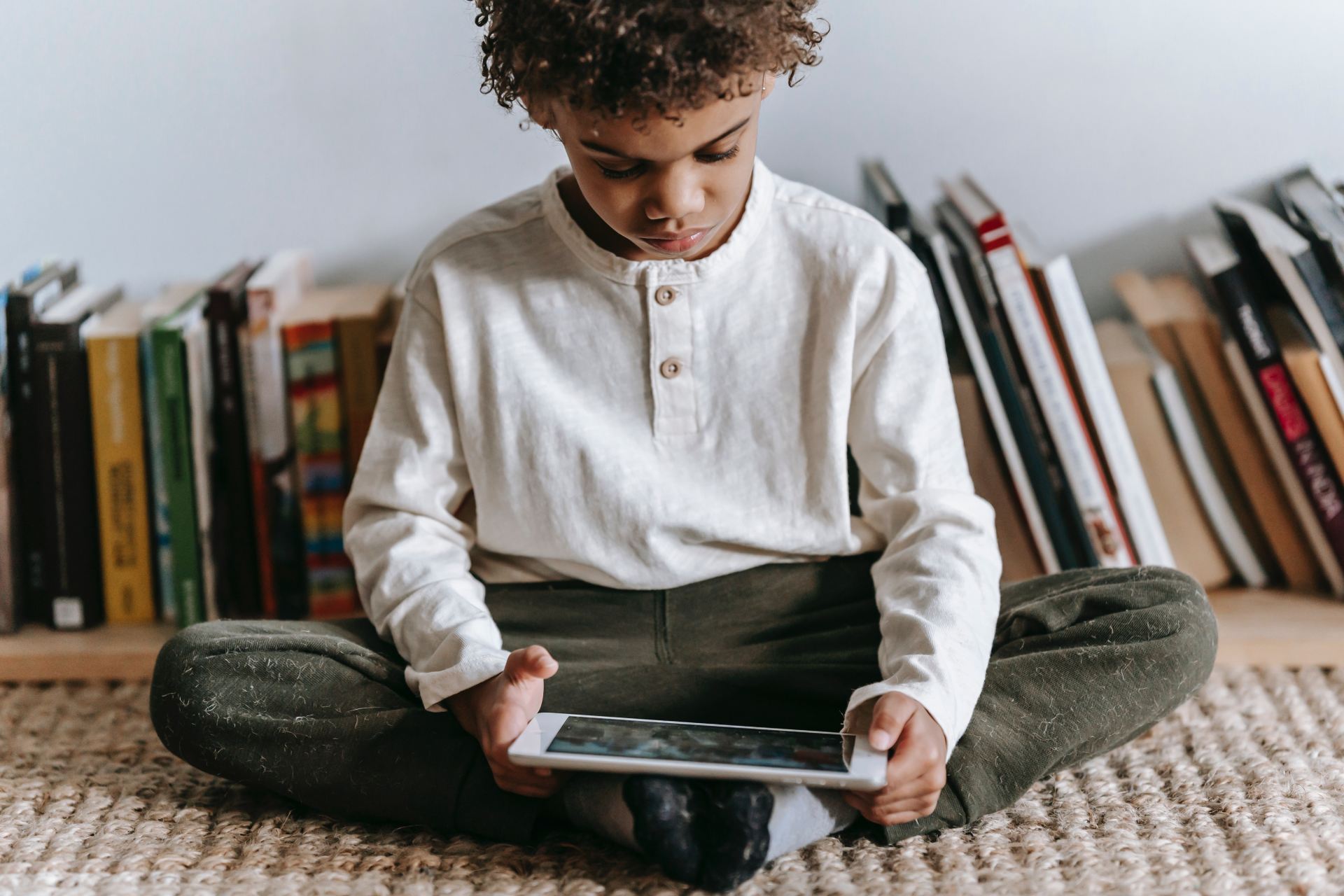Maximizing the Power of Digital Gaming for Health and Community Building
Countless studies have examined the negative effects of gaming on health. Sleeping disorders, obesity, musculoskeletal issues, stress, and anxiety are just a few of the outcomes often associated with gaming. For many parents and guardians, restricting access to digital games has been a protective measure needed to improve their children’s health and get them to be more present within their physical environment.
As technology evolves, gaming companies are beginning to explore more innovative solutions to address some of the challenges their products have been known to cause. Augmented reality took off within the gaming industry when Pokémon Go first hit the screen of users across the world. By superimposing computer-generated images into a view of the real world, mobile phone or in some cases headset users can experience a slightly altered reality. Imagine fighting zombies in your living room, for instance.
One of the many benefits of augmented reality is that it gives gamers a chance to interact with their current location. This not only heightens how immersive the experience can be, but also provides an incredible opportunity for physical education.
Children’s Health has been providing children within North Texas with medical care for more than 100 years. In line with their mission to make life better for children, the hospital developed an internal innovation lab where employees partner with organizations, startups, and individuals to create technology-backed solutions that tackle these health issues.
Micky Fokken, the Director of Children’s Health Care Innovation Lab, was reviewing ideas from the hospital’s Hackathon event when the idea to partner with UTDesign resurfaced. UTDesign Capstone is a program run by the Erik Jonsson School of Engineering and Computer Science at the University of Texas at Dallas. The program provides seniors a unique opportunity to gain hands-on experience by developing an engineering or technology-related solution for a major corporation or start-up. In turn, the company receives additional resources and a chance to mentor students within their field.
Children’s Health sponsored four teams of students on a project known as the Gamify Parks Initiative, one of five separate capstone projects involving a total of 14 capstone teams. “When we started it in the Fall, we were new to it, too. And even though we were kind of figuring out how we could best work together, the students were always really hard workers, and they were also very customer service oriented.” Micky Fokken said.
The Gamify Parks Initiative was created as an extension of Get Up and Go, a weight management program set up by Children’s Health to support parents and children in making healthy lifestyle changes. The focal point of the initiative was to optimize physical health in children by increasing the practice of healthy eating and exercise through gaming. The first step in implementing the project was the development of a mobile app with augmented reality functionalities. The UTDesign capstone team comprised of computer science students created a Food Finder mini game, in which users walk around an area (the park) on a quest for fruits, which would then lead them to answer questions. Other features of the app included a Balloon Dash mini game in which players scanned QR codes for exercise related questions, as well as a leaderboard to compare scores between players.
“With the app we created, we were trying to get kids out of the house and moving around. And because most kids like video games, we thought we would leverage the power of gaming, community, and social experiences to get kids to go to parks and play on the Gamify Parks app. This app is really a collaboration between the University of Texas at Dallas, the City of Dallas, Klyde Warren Park, and Children’s Health,” Fokken added.
The decision to work with students from UT Dallas’ Jonsson School of Engineering and Computer Science on the project was intentional. With numerous innovative projects in the pipeline, Children’s Health Care Innovation Lab would have needed to make significant additional financial investments into building multiple apps for each employee-driven idea. Determining what initiatives to prioritize and putting resources behind each of them also come with their own set of complexities. Partnering with a program like UTDesign Capstone helps in streamlining the process while also contributing to the professional development of students within the North Texas community.
According to Micky Fokken, the goal was to find a cost-effective way to move ideas forward while giving the students a great learning experience. The success of the Gamify Parks initiative would not have been possible without a program like UTDesign Capstone. “We were pleasantly surprised with what they were able to produce. I really just love the energy and positive attitude you get with students who are about to enter the workforce. They were so courteous. They were so nice. They were always willing to jump on the status calls. I felt like I was back in college again doing a project together. And that was a unique experience.”
When asked about the advice he would give to other organizations seeking to partner with programs such as UTDesign, he highlighted three major things – “The first thing I would say is to make sure you have technical mentors. Second thing is being very clear on the requirements. And then the third thing is to make sure you still have a project manager to keep the project moving along.”
Research and innovation are the lifeblood of forward-thinking organizations. One idea has the potential to significantly impact an entire community. By taking the step to build apps such as the Gamify Park app, Children’s Health is helping to “reverse engineer” the mindset towards gaming and show that it is possible to raise a new generation of health-conscious gamers.
The #UTDesignCapstone team partners with organizations to bring innovative projects to life. To learn more about the benefits of sponsoring a project, connect with us here.




